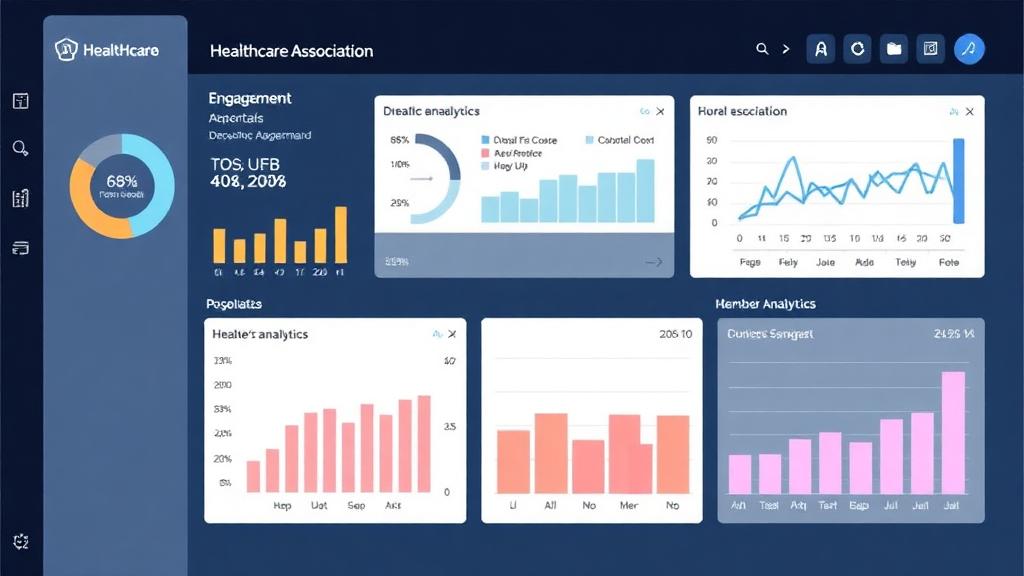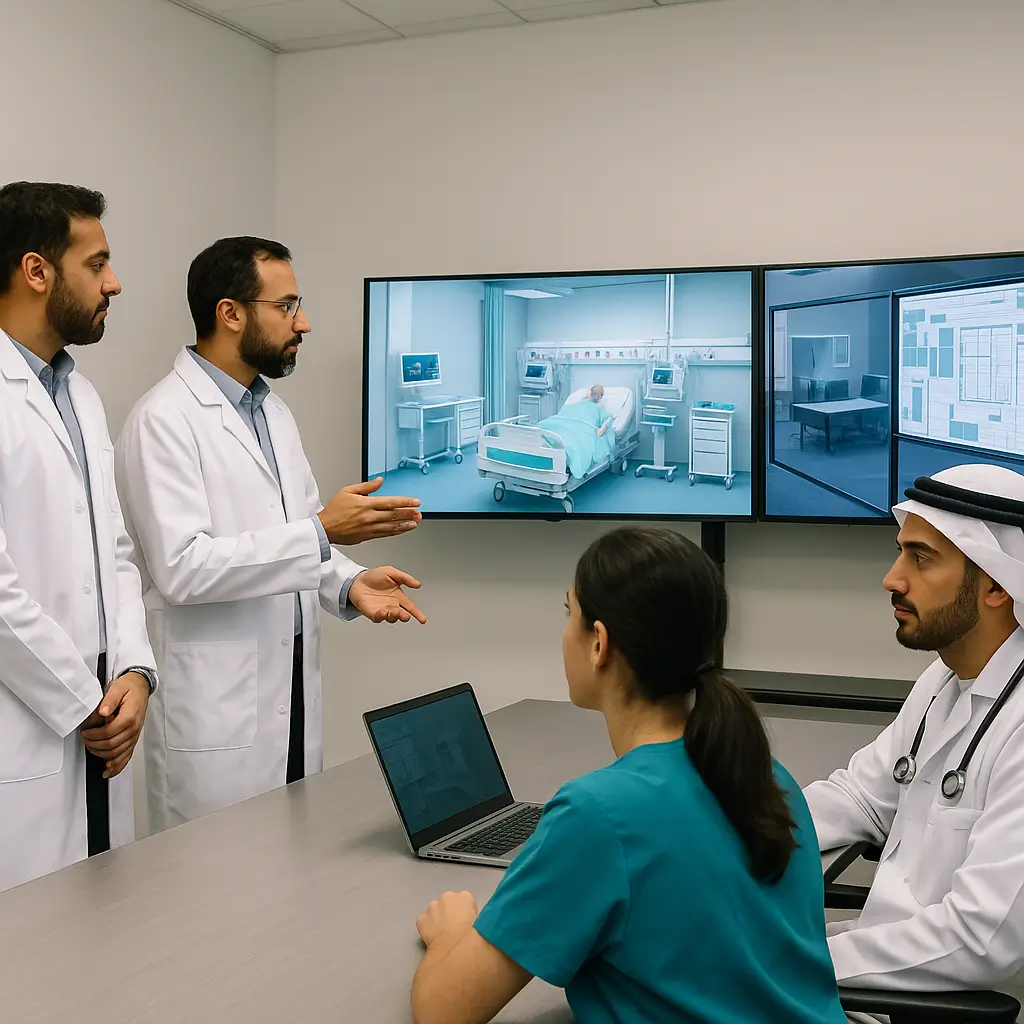Back to Blog
Event Management
Featured
Intelligent Content Curation for Medical Conferences
Discover how AI-powered content curation transforms medical conference programming through intelligent speaker matching.

Intelligent Content Curation for Medical Conferences
Explore how AI-powered content curation is revolutionizing medical conference programming through intelligent speaker matching and optimized educational pathways.
The Content Curation Challenge
Medical conferences encounter the intricate task of selecting, organizing, and presenting vast amounts of scientific content. The aim is to maximize educational value while ensuring high levels of attendee engagement. This challenge necessitates innovative solutions that can effectively process and present complex information.
AI-Powered Curation Systems
Content Analysis and Categorization
AI-driven systems utilize natural language processing to analyze abstract submissions, allowing for efficient topic modeling to identify prevalent themes. By employing quality scoring based on scientific rigor, these systems can prioritize content that meets high standards. Additionally, relevance ranking ensures that the most pertinent information reaches the intended target audiences.
Speaker-Content Optimization
To enhance the alignment between speakers and topics, AI systems facilitate expertise matching, ensuring that speakers are well-suited to their subject matter. Presentation style analysis further tailors content delivery to audience preferences, while historical performance data aids in selecting speakers with proven success. Furthermore, diversity algorithms promote balanced representation, enriching the conference experience for all attendees.
Advanced Programming Strategies
Personalized Learning Pathways
Creating personalized learning pathways is essential for catering to the diverse interests of attendees. By utilizing individual interest profiling based on registration data, organizers can tailor content to meet specific needs. Consideration of career stages ensures that the complexity of topics is appropriate for each attendee's level of expertise. Specialty-specific tracks, intelligently sequenced, provide a coherent learning journey, while adaptive scheduling based on attendee behavior allows for real-time adjustments to maximize engagement.
Content Gap Analysis
Identifying knowledge deficits within current programming is crucial for maintaining relevance. AI systems can facilitate the integration of emerging topics derived from current research trends. Emphasizing practical applications ensures that the content remains clinically relevant, while opportunities for interdisciplinary connections enhance the richness of the conference experience.
Implementation Framework
Technology Integration
A successful implementation framework requires seamless integration with conference management systems. Real-time feedback mechanisms enable dynamic adjustments to programming, while mobile app connectivity offers personalized recommendations to attendees. An analytics dashboard provides valuable insights for program optimization, ensuring that the experience is continually refined.
Quality Assurance
To uphold the integrity of the content presented, robust quality assurance processes are vital. Peer review mechanisms validate the scientific accuracy of content, while bias detection algorithms promote fair representation across topics. Accessibility compliance is essential to ensure inclusive programming, and outcome measurement practices assess educational effectiveness, fostering continual improvement.
In conclusion, intelligent content curation is pivotal in ensuring medical conferences deliver maximum educational value. By leveraging data-driven programming decisions, organizers can significantly enhance learning outcomes and attendee satisfaction.









.jpg)